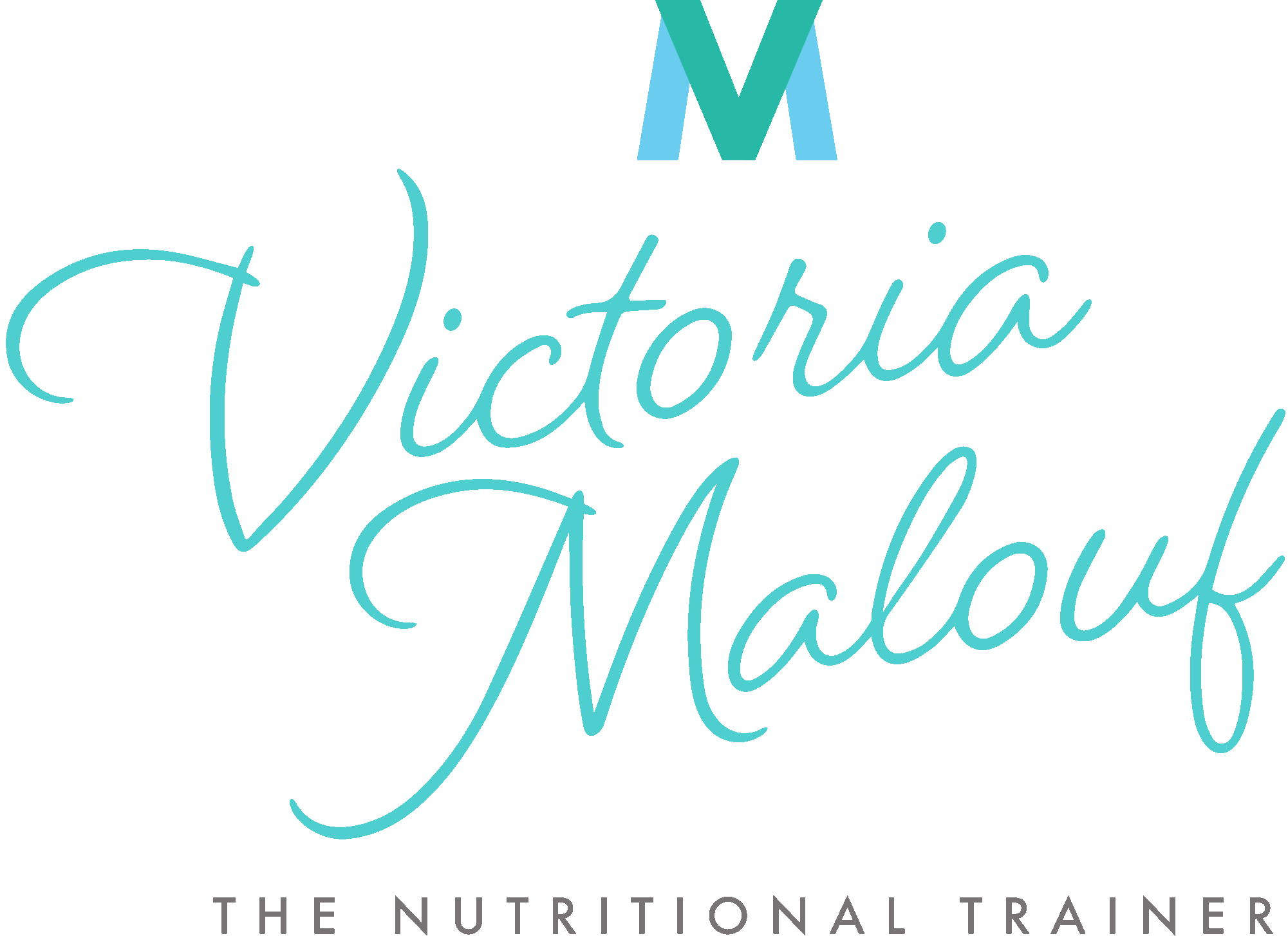The best natural Immune boosters to keep you healthy this winter
- Victoria Malouf

- May 6, 2019
- 3 min read
Vitamin C
When most people get sick the first thing they think of is to take Vitamin C and increase their intake of Vitamin C rich foods. Vitamin C is definitely the most important Nutrient in terms of the immune system and a lack of it can cause you to become more prone to getting sick.
Vitamin C helps to increase the production of white blood cells which are the key to fighting off infections. The foods that contain a generous amount of Vitamin C are citrus foods including Grapefruits, lemons, limes, oranges, tangerines but did you know that 1 red capsicum contains double the amount of Vitamin C as an orange. Or that broccoli, papaya and cauliflower also contain Vitamin C.

Lysine
Lysine is an essential amino acid and as the body cannot make it, you have to obtain it from your diet. It is very important for normal growth and development and muscle turnover and is used to help transport fats into your cells to be used for energy. Lysine has been clinically shown to reduce the severity and duration of cold sores as it has shown to prevent the virus from replicating and also blocks another amino acid arginine which the Herpes simplex virus needs in order to replicate. It can also help reduce the stress response and stress hormone cortisol which when elevated for extender period has been shown to lower our immune system.
Zinc
Zinc affects multiple aspects of the immune system through normal development and function of cells, helps in wound healing and helps the skin perform it's job as a barrier from pathogens. Zinc is a powerful antioxidant that has been shown to reduce the duration and severity of a cold by up to 50% and upper respiratory tract infections. The best food sources of Zinc include Oysters, beef, lamb, scallops, amaranth, cashew nuts, lentils, chickpeas, beans and pumpkin seeds.
Vitamin E
Not only does Vitamin E help soothe and moisturise the skin when applied topically, but it's primary role in the body is as an antioxidant helping to slow oxidative damage caused by free radicals such as chemicals, perfumes and pesticides. The best sources of Vitamin E include almonds, tuna, sweet potato, sunflower seeds, safflower oil, amaranth, avocado, peanut butter and mango.
Garlic
Garlic can be found in almost every cuisine in the world with the many health benefits of eating garlic being realised from early on. Some of the benefits being reducing blood pressure and the hardening of the arteries, acting as an antimicrobial agent and anti carcinogenic. Garlic gets most of it's medicinal properties from from a sulphur containing compound called Alliin, which when crushed or chewed turns into allicin. This compound has been shown to improve and boost the disease-fighting response of some of the red blood cells in the body.
Ginger
Ginger is another beneficial ingredient that many people turn too when starting to get sick. It has long been known to be an antibacterial and antiviral agent, decrease inflammation, which can help reduce the severity and duration of sore throats, respiratory tract infections and colds and flus. Ginger can also help relieve the symptoms of nausea and is great for motion sickness and in morning sickness during pregnancy. That is why a hot honey, lemon and ginger is one of the best herbal remedies for the common cold - honey to sooth a sore throat, ginger to help the nausea and is also an antibacterial and antiviral agent to help get rid of any bugs that may be lingering, and lemon's are packed full of Vitamin C which will help get rid of the cold.






Comments